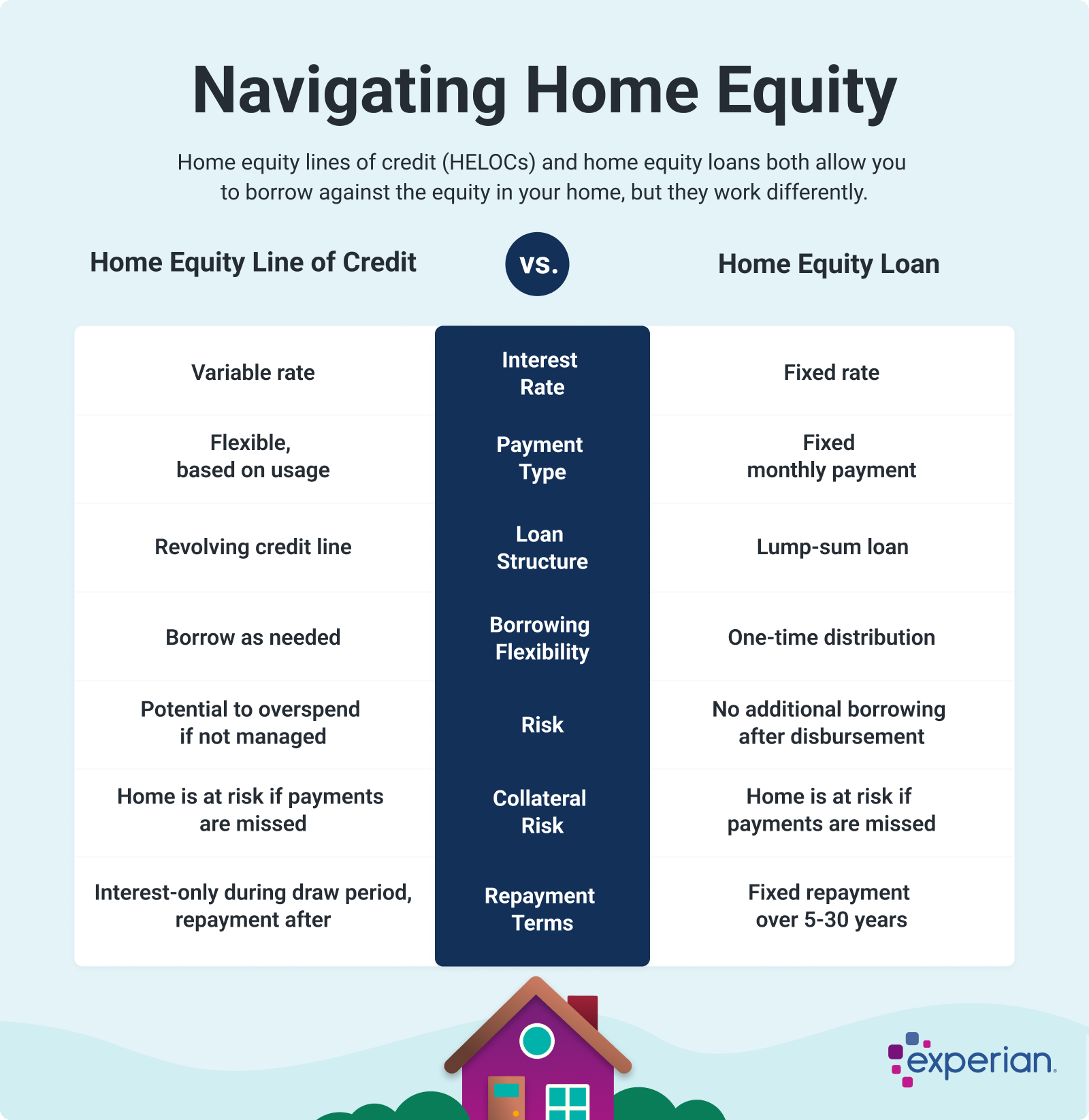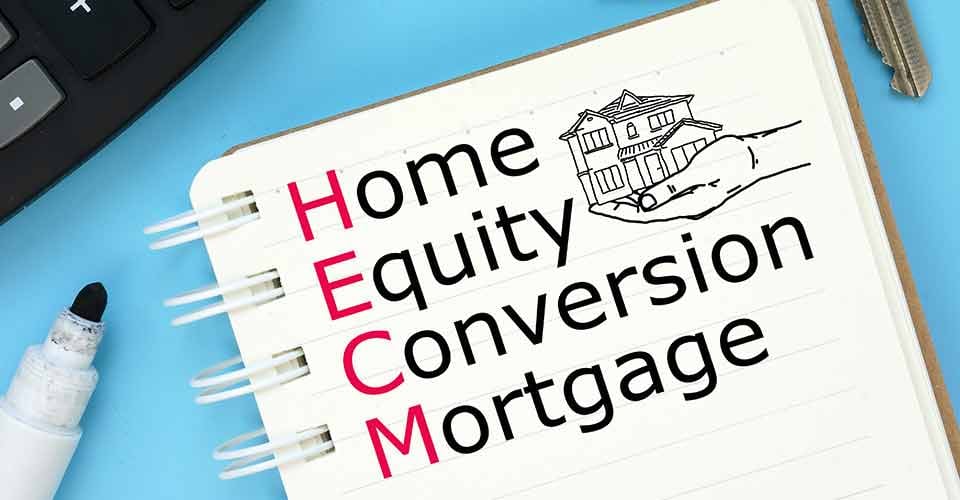Achieving Monetary Flexibility Through Equity Release Mortgages
Achieving Monetary Flexibility Through Equity Release Mortgages
Blog Article
Exploring the Various Sorts Of Equity Release Mortgages Available Today
Equity Release home mortgages present different choices for house owners aged 55 and over. equity release mortgages. These financial products satisfy different requirements and preferences, enabling individuals to accessibility funds from their property. From lifetime home loans to common recognition mortgages, each type provides distinctive advantages. Understanding these alternatives is essential for making notified decisions. What factors should one take into consideration when choosing the most appropriate equity Release plan? The details that comply with might clarify this essential topic
Recognizing Equity Release Mortgages
Equity Release home loans give homeowners, normally those aged 55 and over, with a way to access the worth locked up in their residential or commercial property without needing to offer it. This financial alternative allows people to convert a portion of their home equity into money, which can be used for numerous objectives, such as home renovations, paying off debts, or funding retirement.Equity Release can take various forms, yet it fundamentally includes borrowing versus the value of the home while maintaining possession. Property owners can select to obtain a lump sum or a series of smaller repayments, depending upon their financial demands and preferences.Additionally, the quantity available for Release is affected by the home's value, the house owner's age, and certain loan provider standards. Overall, comprehending equity Release home mortgages is vital for house owners to make informed decisions concerning taking advantage of their home's equity while taking into consideration the lasting effects.
Life time Mortgages
Lifetime home mortgages represent one of the most prominent types of equity Release. This economic product enables property owners, typically aged 55 or older, to borrow versus the value of their property while maintaining possession. The financing, which is secured against the home, accrues interest with time but does not call for regular monthly settlements. Rather, the finance and built up rate of interest are paid back when the home owner passes away or moves right into long-term care.Lifetime mortgages supply versatility, as borrowers can choose to obtain a lump sum or go with a drawdown center, accessing funds as required. Significantly, numerous strategies come with a no-negative-equity warranty, ensuring that debtors will certainly never ever owe greater than the value of their home. This feature supplies assurance, permitting individuals to enjoy their retirement without the fear of depleting their estate. Overall, lifetime home mortgages function as a sensible option for those seeking financial backing in later life.
Home Reversion Plans

Drawdown Lifetime Mortgages
While several homeowners seek means to access their wide range, drawdown lifetime home mortgages provide a flexible choice that permits individuals to Release funds slowly. This kind of equity Release mortgage enables house owners to borrow versus the worth of their residential property while preserving possession. Unlike typical life time home loans, drawdown plans enable customers to access a section of their equity upfront and withdraw extra funds as needed, approximately a fixed limit.This attribute can be especially beneficial for those that want to handle their finances carefully, as it lessens interest accumulation by just billing rate of interest on the amounts drawn. In addition, drawdown life time home loans usually include a "no adverse equity guarantee," making certain that debtors will certainly never ever owe greater than their home's value. This alternative suits retired people that desire monetary safety and adaptability, allowing them to satisfy unanticipated expenditures or maintain their way of living without needing to offer their property.
Boosted Life Time Mortgages
Enhanced Life time Mortgages use unique advantages for qualified property owners seeking to Release equity from their residential or commercial properties. Recognizing the eligibility standards is necessary, as it identifies who can gain from these specialized car loans. It is also crucial to review the possible drawbacks linked with enhanced choices, ensuring a well-shaped point of view on their use.
Qualification Requirements Described
Understanding the eligibility criteria for Enhanced Lifetime Mortgages is important for potential candidates seeking to access the equity in their homes. Normally, candidates have to be aged 55 or older, as this age need is conventional in the equity Release market. Home owners must possess a residential property valued at a minimal limit, which can vary by loan provider. Significantly, the residential property has to be their key residence and in excellent condition. Lenders typically analyze the homeowner's health condition, as particular wellness conditions may improve eligibility and benefits. Furthermore, candidates ought to not have existing considerable debts secured against the building. Fulfilling these criteria enables people to explore Enhanced Lifetime Mortgages as a feasible option for accessing funds bound in their homes.
Advantages of Improved Home Mortgages
After making clear the eligibility standards, it becomes obvious that Boosted Life time Home mortgages offer a number of significant advantages for house owners seeking to leverage their residential property equity. Mostly, they offer accessibility to a bigger financing amount contrasted to standard lifetime home loans, benefiting those with health and wellness problems or age-related aspects that increase their life span danger. This enhanced borrowing capability permits home owners to fulfill numerous economic requirements, such as home improvements or retirement expenditures. Additionally, these home loans usually include versatile settlement choices, making it possible for debtors to manage their financial resources better. The no-negative-equity warranty better guarantees that house owners will never owe greater than their home's worth, supplying comfort. Overall, Boosted Lifetime Home mortgages provide a compelling option for eligible home owners looking for monetary remedies.
Potential Drawbacks Considered
While Enhanced Lifetime Mortgages provide countless advantages, prospective drawbacks necessitate mindful consideration. One considerable concern is the impact on inheritance; the equity released decreases the value of the estate entrusted to recipients. In addition, these home mortgages can accumulate significant rate of interest with time, resulting in a significant debt that may exceed the initial car loan amount. There may additionally be restrictions on residential property modifications or rental, limiting home owners' flexibility. In addition, enhanced items typically call for certain wellness conditions, suggesting not all homeowners will certify. Handling the fees and fees associated with these mortgages can be complicated, possibly leading to unanticipated expenses. Consequently, people need to extensively evaluate their circumstance and consult economic consultants prior to proceeding.
Shared Admiration Mortgages
Shared Recognition Home loans represent a distinct monetary arrangement that allows home owners to accessibility equity while sharing future residential or commercial property worth boosts with the lending institution. This method provides possible benefits such as decreased month-to-month payments, yet it likewise includes drawbacks that must be meticulously thought about. Understanding the qualification requirements is vital for those curious about this option.
Principle Review
Equity Release home loans, especially in the type of shared admiration home loans, offer homeowners a special economic solution that allows them to accessibility funds by leveraging the worth of their residential or commercial property. In this setup, a lending institution offers a finance to the house owner, which is normally repaid via a share of the home's future gratitude in worth. This implies that when the homeowner sells the building or dies, the lender receives a portion of the increased value, rather than just the initial funding amount. Shared recognition mortgages can be appealing for those looking to supplement their revenue or money substantial expenses while preserving ownership of their home. The economic implications of shared admiration should be carefully taken into consideration by possible consumers.
Downsides and benefits
Although shared gratitude home loans can offer considerable economic advantages, they also feature significant drawbacks that possible consumers ought to think about. These mortgages permit property owners to gain access to equity in their homes while sharing a portion of any type of future recognition with the lending institution. This setup can be useful throughout times of climbing residential or commercial property values, providing considerable funds without regular monthly repayments. Nevertheless, the primary downside is the potential loss of equity; home owners might wind up with substantially reduced inheritance for beneficiaries. Additionally, the complexity of the terms can lead to misconceptions relating to payment commitments and the percent of gratitude owed. It is important for debtors to evaluate these variables thoroughly prior to devoting to a shared appreciation home mortgage.

Eligibility Needs
What criteria must property owners meet to receive a common appreciation home loan? Mainly, prospects need to go to least 55 years of ages, guaranteeing they are within the target group for equity Release products. Additionally, the residential property must be their key residence and usually valued above a defined minimum limit, frequently around ? 100,000. Lenders likewise analyze the homeowner's financial scenarios, including revenue and arrearages, to determine they can take care of the home mortgage sensibly. Importantly, the property has to be in excellent condition and complimentary from considerable lawful encumbrances. Home owners ought to also have a clear understanding of the terms, including how gratitude will certainly be shown the loan provider upon sale or transfer of the home, as this affects overall returns.
Picking the Right Equity Release Option
:max_bytes(150000):strip_icc()/dotdash-reverse-vs-forward-mortgage-Final2-6961b02571a444ec8bfad146b6138665.jpg)
Often Asked Questions
What Age Do I Required to Be for Equity Release?
The age need for equity Release typically begins at 55 for most strategies. However, some providers may use options for those aged 60 and above, showing differing terms based on individual situations and lending institution policies.
Will Equity Release Affect My Inheritance?
Equity Release can influence inheritance, as the quantity borrowed plus rate of interest lowers the estate's value. Successors may receive much less than expected, relying on the property's recognition and the total financial obligation at the time of passing.
Can I Move House With Equity Release?
The concern of moving house with equity Continue Release occurs frequently. Usually, people can transfer their equity Release plan to a new residential property, but particular terms and problems may use, needing consultation with the loan provider for assistance.
Are There Fees Associated With Equity Release Mortgages?
Fees related to equity Release mortgages can consist of plan charges, assessment costs, and legal costs. Additionally, there might be very early settlement costs, which can influence the general price and monetary ramifications for the borrower.
How Does Equity Release Effect My Tax Obligation Situation?
Equity Release can impact one's tax obligation circumstance by possibly enhancing gross income, as launched funds are thought about funding. Nonetheless, it typically does not sustain immediate tax liabilities, making it necessary to seek advice from a financial advisor for tailored guidance.
Final thought
In summary, the selection of equity Release mortgages readily available today offers house owners aged 55 and over several paths to access their property's worth - equity release mortgages. Whether selecting a lifetime mortgage, home reversion plan, or other choices, each option offers distinct benefits customized to private economic requirements. Cautious factor to consider and examination with an economic consultant are necessary to assure the picked equity Release option lines up with personal objectives and financial scenarios, eventually facilitating informed decision-making for a secure monetary future. Equity Release mortgages existing numerous options for property owners aged 55 and over. Equity Release home loans click here to find out more provide property owners, normally those aged 55 and over, with a way to access the value linked up in their home without requiring to offer it. Improved Lifetime Home mortgages supply distinctive advantages for qualified property owners seeking to Release equity from their buildings. Equity Release home loans, especially in the type of common admiration home loans, offer property owners an unique monetary solution that allows them to accessibility funds by leveraging the worth of their building. In summary, the variety of equity Release home mortgages offered today offers house owners aged 55 and over numerous pathways to access their property's value
Report this page